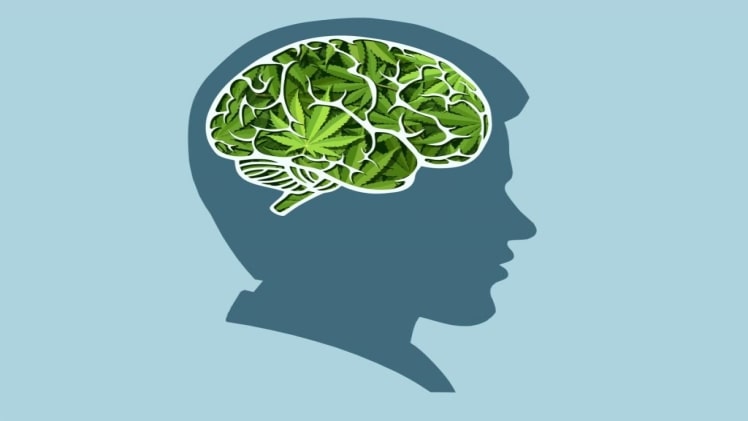CBD is a non-psychoactive cannabinoid found in cannabis and hemp. It was first shown to have anti-inflammatory, analgesic, and antipsychotic effects in laboratory animals. Some of the unique properties of CBD include its ability to reduce anxiety, depression, and inflammation. CBD has also been shown to interact with other cannabinoids, such as THC, to provide a complete spectrum of psych activity.
The Effects of CBD on the Brain
Most of the studies on CBD have been conducted on animals. There is a lack of evidence from human studies, but there are many anecdotal reports from patients who claim that cbd for sale has changed their lives for the better.
The primary effect of CBD on the brain is to reduce anxiety and depression, leading to improvements in overall quality of life. A study in 2014 found that CBD reduced anxiety in a group of people with social anxiety disorder, leading to improvements in their quality of life.
CBD has been shown to reduce inflammation and pain, two conditions often linked with each other. It can also increase levels of anandamide, a neurotransmitter that binds with serotonin receptors and causes feelings of happiness and well-being.
Relieves Anxiety and Depression
CBD has been sown to have anti-anxiety effects. It is a non-psychoactive cannabinoid, which means that it does not produce a “high” in the user. CBD has been demonstrated to reduce anxiety and depression in numerous studies. It can be used as an alternative treatment for anxiety disorders and depression.
Protects Brain Cells from Harm
CBD has been shown to protect brain cells from free radical damage. Free radicals are uncharged molecules with an unpaired electron, which gives them the ability to damage cells. CBD protects against the effects of free radicals by enhancing the body’s antioxidant capacity. This helps protect the brain from degenerative diseases and neurodegenerative disorders, including Parkinson’s disease and Alzheimer’s disease.
Activates the Endocannabinoid System
The endocannabinoid system is a group of receptors located in the human body that respond to cannabinoids, such as CBD. The endocannabinoid system regulates various physiological processes throughout the body, including pain, appetite, mood and memory. CBD activates the body’s natural cannabinoid system and helps restore the central nervous system balance.
Relieves Inflammation and Pain
CBD has been shown to reduce inflammation, a key contributor to many chronic diseases. CBD reduces inflammation by suppressing the activity of enzymes called cyclooxygenase-2 (COX-2). COX-2 is responsible for producing the inflammatory molecule prostaglandin E2 (PGE2).
Prostaglandin E2 has many negative effects on the body, including increased blood pressure and heart rate, increased appetite, and pain. By inhibiting COX-2, CBD reduces inflammation and pain.
Fights Psychosis and Seizures
CBD has been shown to reduce the severity of symptoms associated with schizophrenia. Research suggests that CBD may even help to improve schizophrenia symptoms, such as delusions, hallucinations, and paranoia. Research is still ongoing regarding CBD and its effects on psychosis, but early research suggests that CBD may help to reduce the number of psychotic episodes a person may experience.
The Anti-inflammatory and analgesic effects of CBD
The anti-inflammatory and analgesic effects of CBD are some of the most important aspects. It has been shown to reduce inflammation, pain, and anxiety. This is great for people who are suffering from various conditions, such as arthritis, cancer, or chronic pain. CBD can also effectively treat other psychiatric disorders, like anxiety and depression. CBD also interacts with other cannabinoids, such as THC to provide a complete spectrum of psychoactivity.

